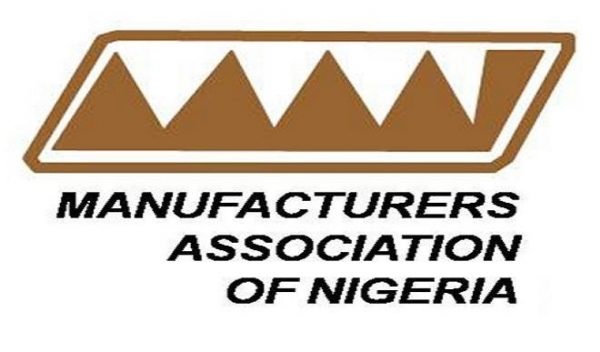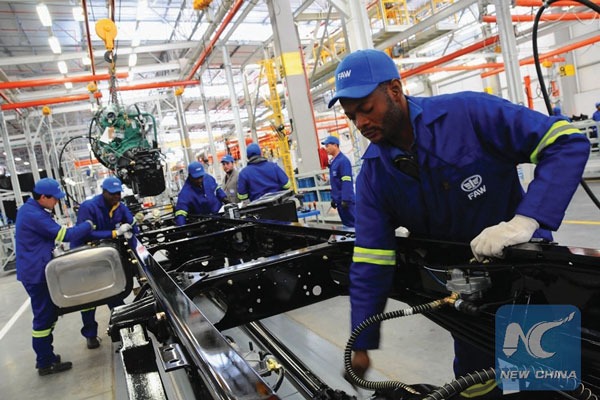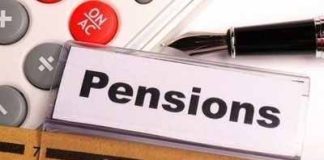The Manufacturers Association of Nigeria (MAN) has cautioned that the recent hike in the base lending rate by the Central Bank of Nigeria’s (CBN) Monetary Policy Committee (MPC) may result in increased product costs, among other negative implications.
This was announced by MAN in a statement titled “MAN’s preliminary position on the Monetary Policy Committee of the Central Bank of Nigeria’s decision on July 19, 2022.”
According to the organization, this was another degree of increase in loanable funds interest rates, which would amplify the intensity of the crowding-out impact on private sector businesses as firms had less access to funds in the credit market.
According to the statement, the rate hike, amongst other biting consequences would “intensify demand crunch emanating from the heavily eroded disposable income of Nigerians, constraining access of households and individuals to cheap funds.”
It said the situation would also “lead to the rising cost of manufacturing inputs, which will naturally translate to higher prices of goods, low sales and enormous volume of inventory of unsold products.”
The statement further read, “MAN is therefore concerned about the ripple effects of this decision and its implications for the manufacturing sector that is visibly struggling to survive the numerous strangulating fiscal and monetary policy measures and reforms.
“Consequently, manufacturers are hopeful that the stringent conditionalities for accessing available development funding windows with the CBN will be relaxed to improve the flow of long-term loans to the manufacturing sector at the single-digit interest rate.”
An economist at Onabisi Onabanjo University, Professor Sheriffdeen, said higher prices were inevitable in the light of the recent rate hike by the CBN.
He added that the apex bank’s rationale for increasing the lending rate due to rising inflation was economically flawed.
He said, “The increase in rate will lead to an increase in prices because it means that the cost of borrowing money for business has increased. Even if they’re not borrowing, that signal indicates that when they want to borrow, they’re going to pay more.
“So, definitely, the price will rise and that is added to the fact that there’s already an increase in the price of energy, that is electricity as well as fuel.
The increase arising from the depreciation of the naira because we import a lot of things also means higher prices. The third one is the fact that the Federal Government has been borrowing from the Central Bank, and that is inflationary on its own.
So, given all those three, they’ve made the price rise, and there is a general increase in prices in the world because of the war in Ukraine and Russia. So, all those things have made prices go up.
So, the Central Bank ought to look at that and say, “We don’t want to increase the rates,” but they say that they want to curb inflation, as if this inflation were caused by more money in the economy. It’s not. It is caused by some other things, so, definitely, the increase in rates will further increase the level of prices. “












